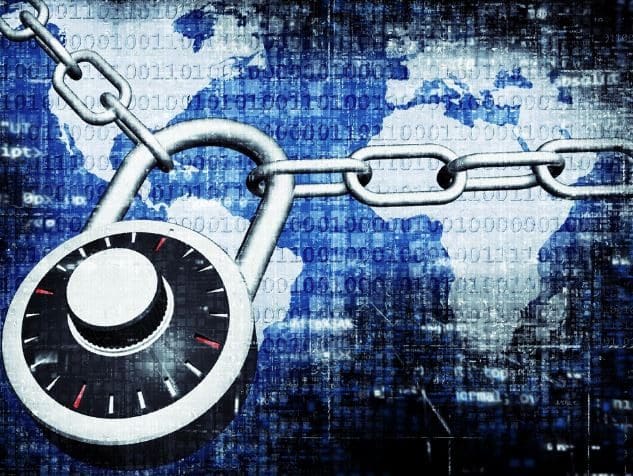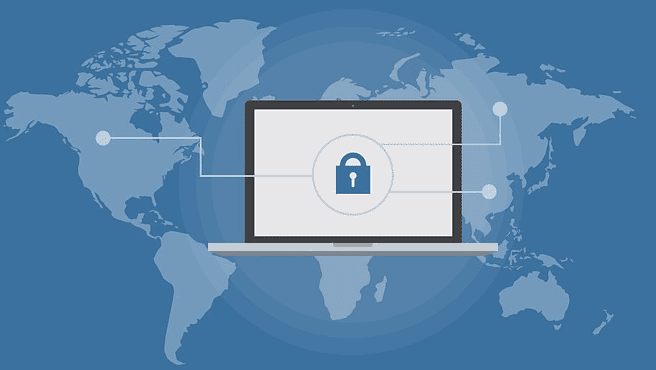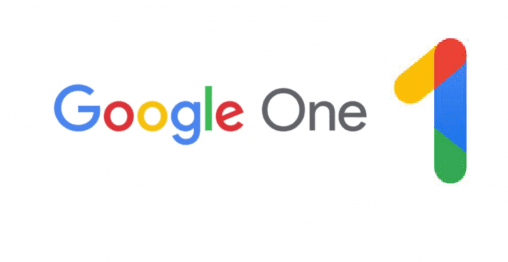The late 2010s could be characterized by increased scrutiny and emphasis on consumer privacy. Thanks to whistleblowers, leaks, and investigations, we’ve discovered how important our data is online and what major corporations do with it. Unfortunately, many casual internet users may not know what to do with this information or may not see the severity even if they are away from it. To some, staying anonymous, or even more protected, online seems like a hassle and too much effort. This article aims to make internet anonymity easy to understand and lists some steps you can take to help you stay safe online. Read on below to learn more about how to browse the internet anonymously.
Contents
Related Reading:
- Reasons to Use Airplane Mode Even if You’re Not Traveling
- Security Tips to Keep Your LinkedIn Account Safe
- How to Improve Security on Your Windows 11 Computer
- Twitter Security Settings You Need to Change to Stay Safe
Why Is Anonymity Important?
Anonymity is essential when browsing the internet for multiple reasons. The most obvious reason is if you encounter a malicious party aiming to steal your identity or information. Your IP address is public information, and attackers can use it for various uses that aim to access your private data or extort it from you. Apart from that, though, is that social media companies and search engines frequently make consumer profiles to sell to third parties.
What these third parties do with that information is unknown, as it’s auctioned off to the highest bidder without much consideration. And all social media companies and search engines do it. Then lastly, of course, there are trackers and other malware. Suppose you accidentally download or interact with a malicious website. In that case, you could accidentally download malware or a tracker that could access various information, such as your history, passwords, activity, and more.
That’s why anonymity is important. While it won’t completely cure all dangers on the internet, you can severely reduce what information is available to these hackers, profit-pinching social media networks, and shady websites.
5 Ways to Browse the Internet Anonymously
Here are some ways to browse the internet anonymously to stay safe online.
Use a VPN

A VPN is the obvious choice to help you stay anonymous while online, as it can obfuscate your IP address and make it seem like you’re accessing an app or website from elsewhere. The specifics are complicated, but it basically tunnels the connection from your ISP, then encrypts and protects it. We strongly advise against using free VPNs or any VPN that claims to provide you with free data, as those are very often untrustworthy and collect and sell data about you. Try to go with a reputable and trustworthy premium service, even though you’d have to pay a monthly fee for it. VPNs are great because you can also access global geo-restricted content. If you want to watch a UK TV show from America, turn on your VPN, connect to a UK server, and you have access to the English Netflix library.
Choose Your Browser

Not all browsers are made equally. Despite being the mainstream favorite and widely adopted option, Chrome has had a history of controversy about privacy and data collection. Firefox has long been the shining beacon of private internet browsing and is still a solid choice for those looking to take more control over their privacy. You could also go with Brave, which uses Chromium. Chromium is an open-source project that developers can use to build their creations, and Brave has the interface of Chrome but with added privacy. Oh, and you can get paid in crypto for using the browser and seeing a few ads.
Choose Your Search Engine
What search engine you use is crucial to how you browse the internet anonymously. Google’s search engine algorithm aims to use your data to create a personalized experience. While that may not sound harmful, it’s probably not a good idea to trust a corporation with our data wholeheartedly. The single best alternative to Google’s search engine is DuckDuckGo. It’s renowned for its privacy and user protection, so you know you’ll remain safe online. It’s not as well-developed as Google, but it does get the job done.
Adblockers
Adblockers don’t just block basic advertisements you see on web pages. They also disable trackers and cookies (at least a good one should). Trackers and cookies are hidden files on your smartphone or computer to track your internet activities. For example, if you place an item into a shopping cart on a website but leave the page without checking out, the website puts a cookie onto your computer that they can use to target ads to you. If you search for a pair of shoes online, you may start to see a sudden influx of ads from shoe companies. These cookies are crucial to multiple social media networks and search engines’ algorithms. An adblocker ends all that and gives you a mostly neutral internet to browse on.
Social Media Settings

Everyone uses social media. It’s an aspect of modern life that we can’t escape or navigate around. For the most part, it’s a great digital invention that allows us to live in a connected, globalized world. However, there are some dark undertones to how much they know about us and what they do with that information. Go ahead to the privacy and security sections of each social media network you use to configure the settings to your liking. There are a few guides on the internet if you’re unsure what would suit you.
Conclusion
If you want to browse the internet anonymously, you’ll need to configure settings and be wary of certain concepts. Making sure your social media settings don’t allow them to collect crucial data on you is a key way to remain anonymous. A VPN is a tool that can hide your IP address when online, too. Be careful about the services you use and what information you give certain websites and services. It’s always better to be safe than sorry! Don’t forget to share your thoughts in the comments below.




